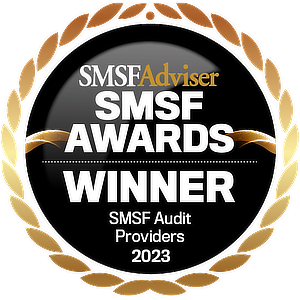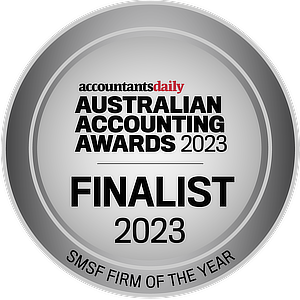Due to the generous tax concessions available in superannuation funds and to members once they withdraw their super in retirement, the government has established annual limits on the amount of contributions that can be made to a super fund either by you or on your behalf. Once contributions exceed these annual caps, extra tax may be imposed on the super fund member.
This is obviously a situation SMSF trustees will not want to see themselves in, so it’s important to understand the caps associated with your particular situation to avoid potentially hefty tax loadings. For more help with an SMSF, it’s best to turn to your SMSF service provider.
The caps on contributions are different depending on whether the contributions are non-concessional or concessional contributions.
What are non-concessional contributions?
Non-concessional contributions are generally contributions made to super after tax has been paid and most commonly include:
- Contributions made by you into a fund from your after-tax money
- Contributions made by your spouse on your behalf
Concessional contributions
Concessional contributions are made to a superannuation fund before any tax has been paid and these contributions will be taxed at 15%. They include:
- Compulsory superannuation contributions paid by your employer (often called SG)
- Salary sacrifice contributions
- Contributions made by those who are self-employed and are able to claim a deduction
- Contributions made by those who are able to claim a tax deduction
TYPE | 2015/2016 CAP
- Concessional (if you are under 50 years in 2015/2016) $30,000
- Concessional (if you are turning 50 years old or older in 2015/2016) $35,000
- Non-Concessional $180,000
To assist those wishing to make large contributions to help fund their super balances, there is a non-concessional three-year averaging rule available, often called the bring-forward rule. For those aged under 65 years, there is an option to make non-concessional contributions of up to three times their non-concessional contributions cap for the year, over a three-year period.
Basically the three-year averaging cap is three times the non-concessional contributions cap of the first year. This would be the first year in which you contribute over your annual cap.
For example, if you are under 65 years old and make a contribution of $200,000 in 2015/2016, your three-year averaging cap will be $540,000 ($180,000 x 3) over the three years 2015/16, 2016/17 and 2017/18. You will be able to make further non-concessional contributions of up to $340,000 anytime in those three years. Amounts above $540,000 may attract extra tax.
What is the extra tax I have to pay if my contributions go over my cap?
Where members exceeded their contributions caps in the 2012/2013 financial year and earlier years, fairly substantial excess contributions tax was payable on the amounts exceeding the cap. However, the government has finally changed the rules so those with excess contributions are not penalised so heavily.
From 1 July 2013 contributions made for a member above the caps are treated as follows:
Excess concessional contributions: Contributions above the concessional contribution cap will be included in your personal assessable income and taxed at your marginal rate. You will also need to pay an interest charge called the excess concessional contributions charge.
Non-concessional contributions: Contributions above the cap are able to be returned to the member once they receive a determination from the ATO along with the after-tax value of the earnings on the excess contributions. The earnings will be included in your personal assessable income. If you choose not to withdraw the excess non-concessional contribution amount, this will be included in your personal assessable income and taxed at your marginal rate.
Can I contribute to super if I am no longer working?
Super funds may accept all types of contributions for members aged under 65 years old without the need to know their work status. However, once a member turns 65 there is a work test that must be met by the member before certain types of contributions are able to be accepted. The contributions that will require a work test to be met from age 65 include employer contributions made above the required (SG) level – eg. salary sacrifice and non-concessional contributions.
The work test requires that the member must have been gainfully employed for 40 hours in a period of no more than 30 consecutive days in the financial year at the time the contribution is made to the super fund. It is important to note that unpaid work generally does meet the definition of gainfully employed.
Once a member reaches age 75, the only superannuation contributions a fund can accept is compulsory SG contributions.
If you have any concerns about whether you are able to make contributions to super due to your age, please contact our office to discuss your situation.















